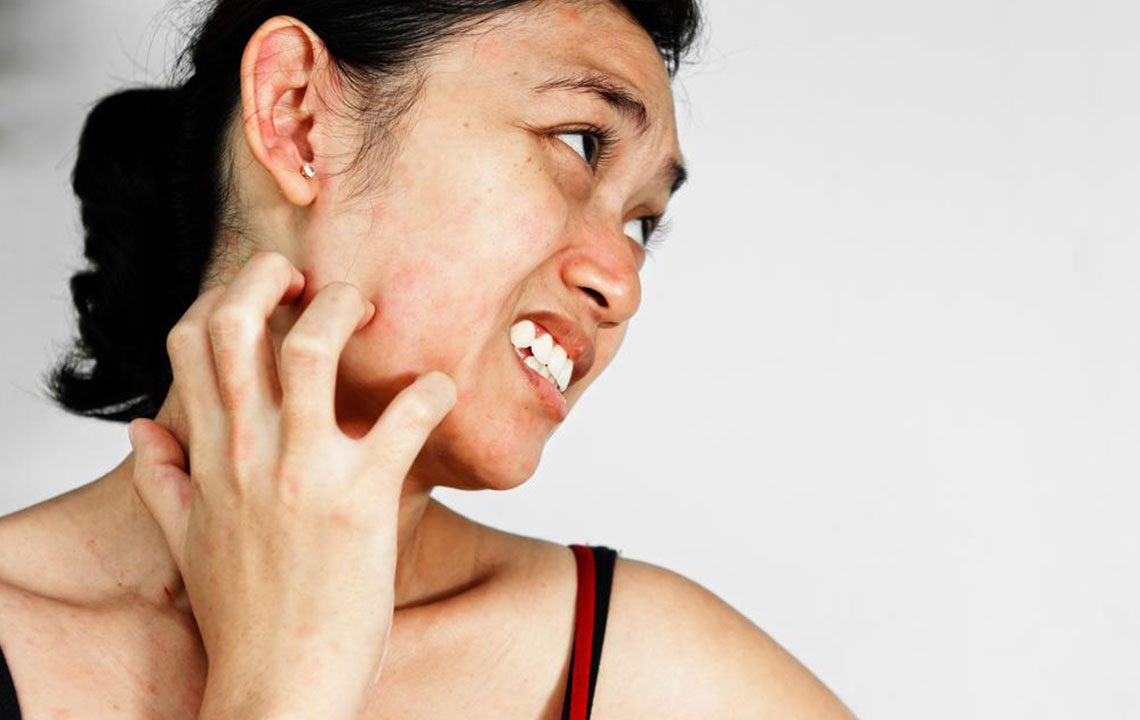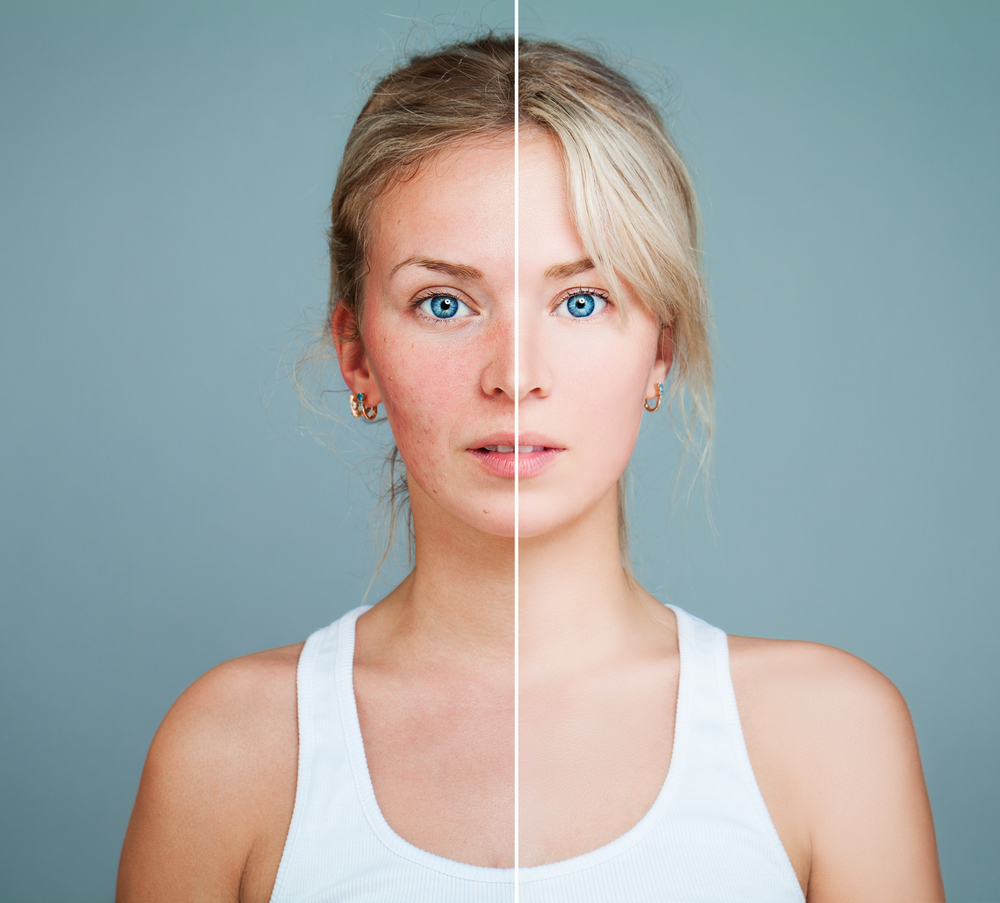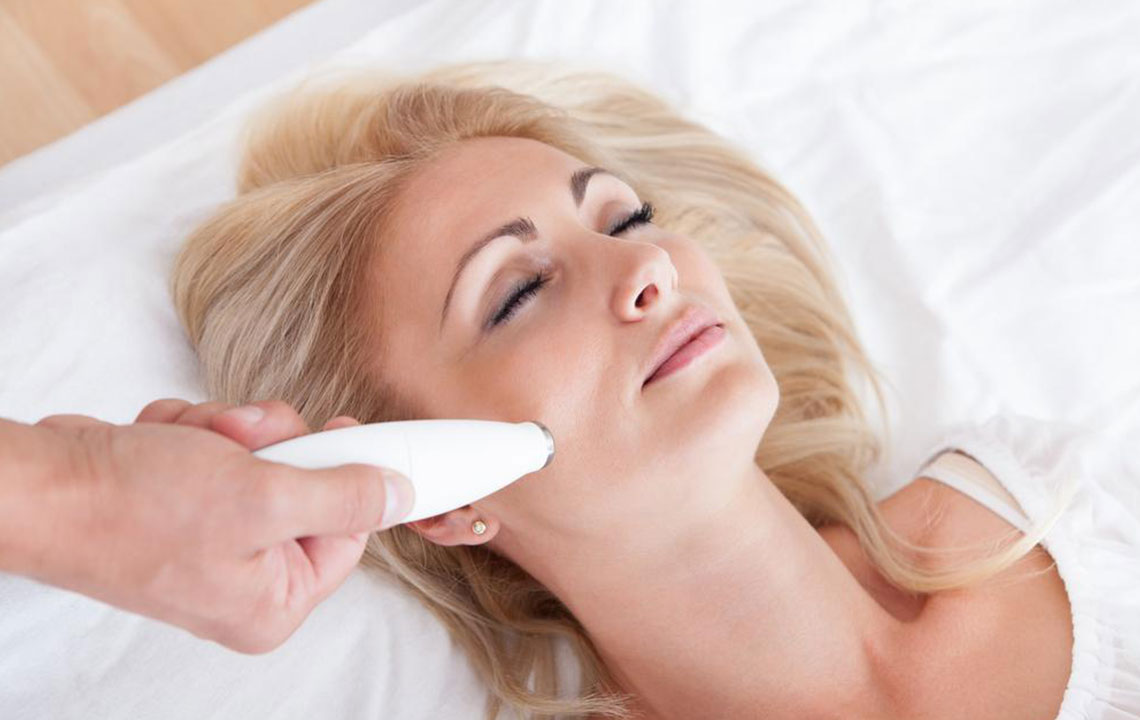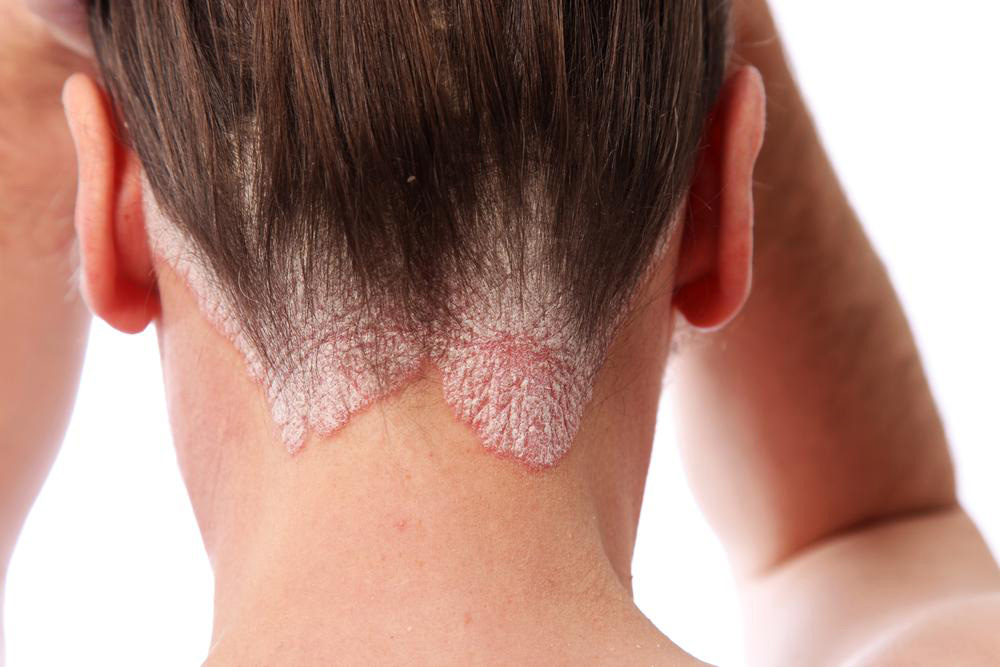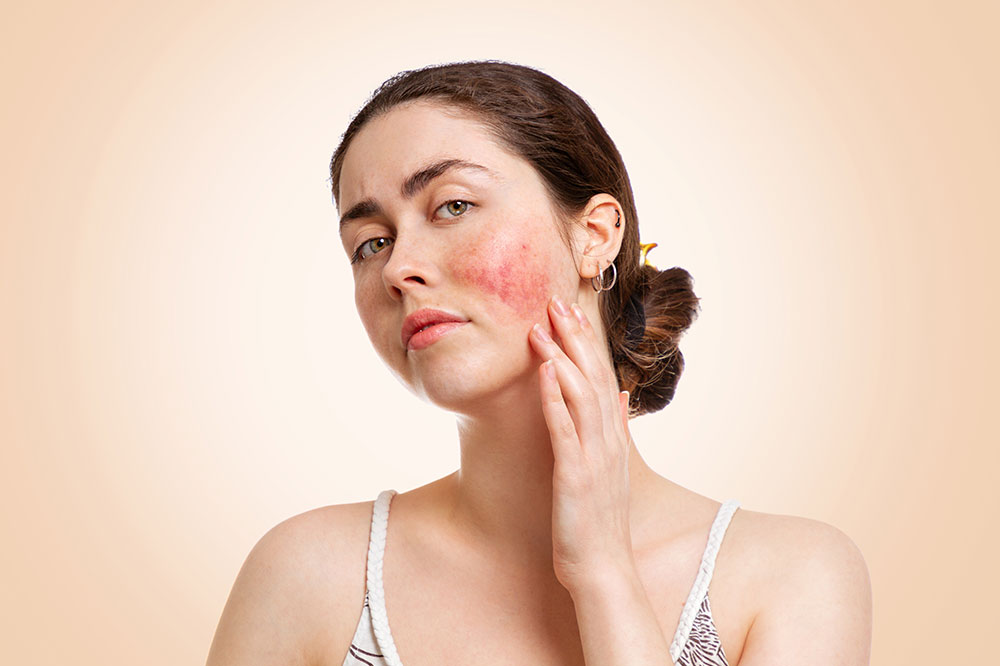Comprehensive Guide to Managing Rosacea Skin Condition
This detailed guide provides essential insights into rosacea, a common skin disorder. It covers symptoms, causes, triggers, and practical management tips. While there's no permanent cure, effective treatments and lifestyle adjustments can control symptoms, improving skin health and confidence. Early diagnosis and proactive care are key to preventing complications and enhancing quality of life with rosacea.
Sponsored
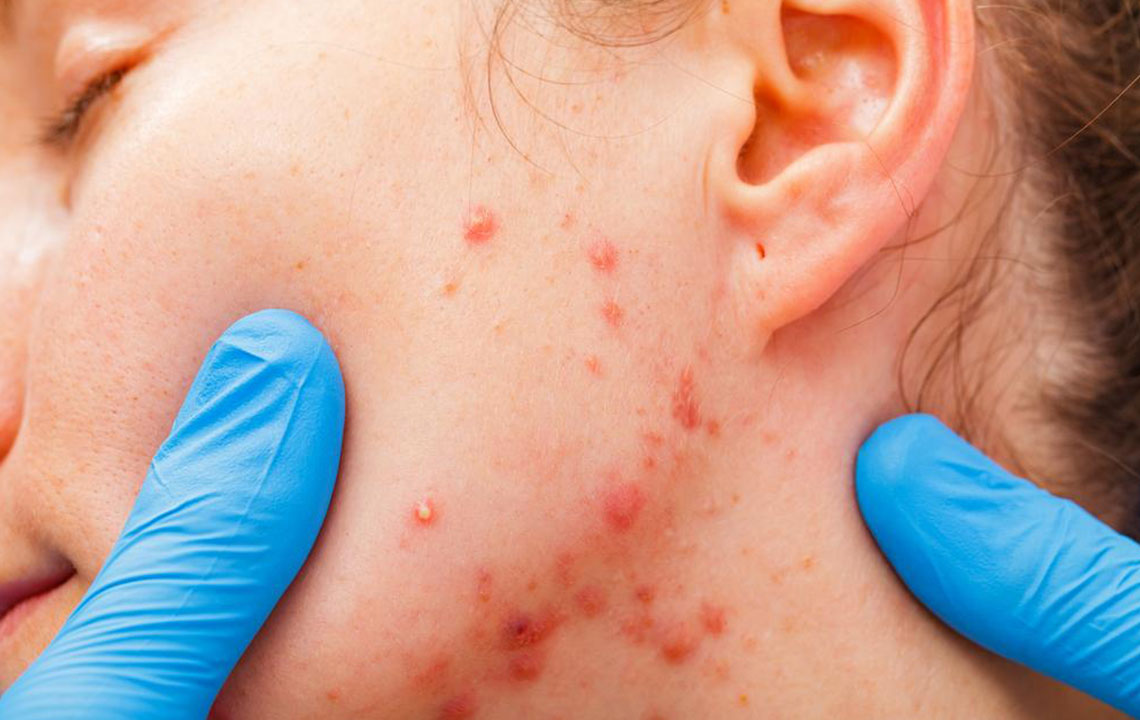
Are you over 30 and noticing frequent skin redness or bumps on your cheeks? These signs might indicate rosacea, a common skin condition that requires attention. Ignoring symptoms can lead to worsening issues, so consulting a dermatologist is crucial. Understanding the causes and seeing the right treatment options can help you manage rosacea effectively. This guide highlights essential facts about rosacea, including symptoms, causes, and management strategies, empowering you to take control of your skin health.
What is rosacea?
Rosacea is a widespread chronic skin disorder affecting around 17 million Americans. Primarily influencing facial areas such as the nose, cheeks, and forehead, it is sometimes mistaken for acne due to visible bumps. However, rosacea is distinct and requires targeted treatment to alleviate its symptoms.
Symptoms of rosacea
The condition typically begins in the early 20s but becomes more apparent after age 30. Main symptoms include persistent redness, dry or burning skin, visible small blood vessels, acne-like spots, eye discomfort, and increased sensitivity to light.
The condition can lead to serious complications like facial disfigurement, thickening of skin, and even vision loss if untreated.
Causes of rosacea
The exact cause remains unknown but features several contributing factors:
Blood vessel abnormalities in the face
Reaction to microscopic mites called Demodex folliculorum
Presence of bacteria such as Helicobacter pylori
Hereditary factors and genetic predisposition
Triggers and aggravating factors
Environmental and lifestyle factors like stress, sunlight exposure, weather changes, and certain foods can trigger flare-ups. Although alcohol doesn't cause rosacea, it can worsen symptoms. Maintaining a healthy lifestyle can help manage these episodes.
Is rosacea curable?
Currently, there is no definitive cure for rosacea. However, with proper treatment, symptoms can be effectively controlled. Early intervention is vital to prevent progression.
Treatment options for rosacea
Therapies focus on symptom relief, including oral antibiotics, topical treatments, and medications like isotretinoin. Managing triggers and adopting a suitable skincare routine are crucial components of treatment.
Tips for managing rosacea
Identify triggers: Recognize what causes flare-ups in your case and avoid these factors.
Protection measures: Use high-SPF sunscreen, wear hats or scarves, and limit sun exposure during peak hours.
Select gentle products: Choose skincare products free from alcohol and harsh chemicals to avoid irritation.
Maintain calmness: Managing stress and seeking counseling can help improve quality of life and reduce symptom severity.

